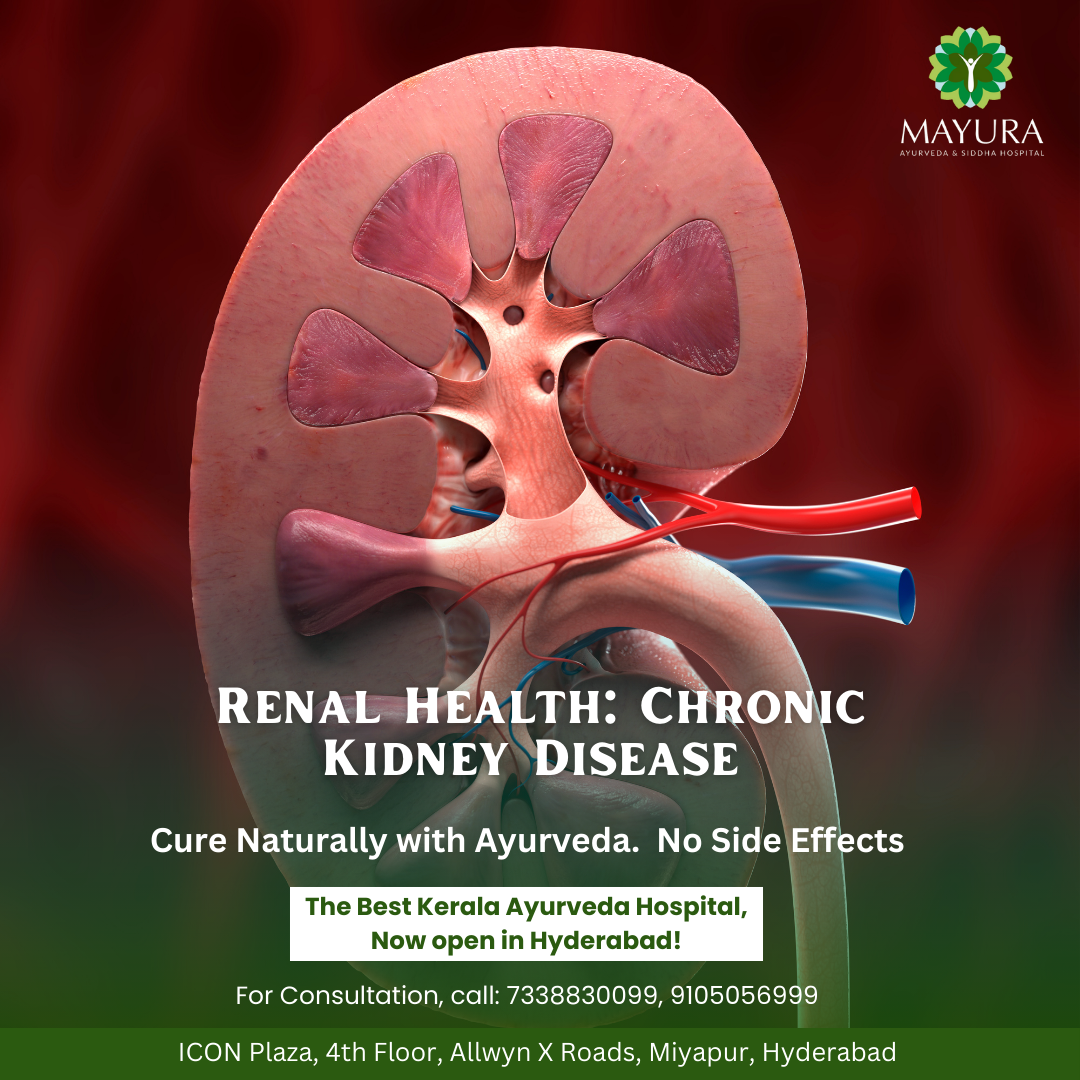Chronic kidney disease (CKD) is a global health concern affecting millions of people worldwide. It refers to the gradual loss of kidney function over time, where the kidneys become progressively less able to filter waste products and excess fluids from the blood. In severe cases, CKD can lead to kidney failure, requiring dialysis or a kidney transplant.
Understanding the Role of Kidneys
The kidneys are two bean-shaped organs located towards the lower back. They play a vital role in maintaining overall health by:
Filtering Waste Products: Kidneys act as natural filters, removing excess waste products and toxins produced by the body’s metabolism.
Balancing Fluids and Electrolytes: They regulate blood pressure by maintaining a healthy balance of fluids and electrolytes like sodium, potassium, and phosphorus in the body.
Red Blood Cell Production: Kidneys produce a hormone called erythropoietin (EPO) that stimulates the bone marrow to produce red blood cells, essential for oxygen transport.
Bone Health: Kidneys help activate vitamin D, which is crucial for calcium absorption and bone health.
Causes of Chronic Kidney Disease
Several factors can contribute to CKD development. Some of the most common causes include:
Diabetes: Uncontrolled diabetes is a leading cause of CKD. High blood sugar levels can damage the delicate blood vessels in the kidneys, hindering their filtration function.
High Blood Pressure: Chronically high blood pressure can put stress on the kidneys and accelerate the decline of kidney function.
Polycystic Kidney Disease (PKD): This is an inherited condition characterized by the development of fluid-filled cysts in the kidneys, eventually affecting their function.
Glomerulonephritis: This is an inflammation of the glomeruli, tiny filters within the kidneys responsible for waste removal.
Urinary Tract Infections (UTIs): Frequent or recurrent UTIs, if left untreated, can damage the kidneys.
Symptoms of Chronic Kidney Disease
Early stages of CKD often present with no noticeable symptoms. However, as the disease progresses, some common signs may include:
Fatigue and weakness
Frequent urination, especially at night
Blood in the urine
Foamy urine
High blood pressure
Loss of appetite
Puffiness around the eyes (edema) due to fluid retention
Difficulty concentrating
The Ayurvedic and Siddha Approach to Renal Health
While there is no cure for established CKD, Ayurveda and Siddha offer a holistic approach to supporting renal health and managing symptoms. Here’s how these traditional systems can help:
Dietary Management: Following a renal-friendly diet is crucial. Ayurvedic and Siddha principles emphasize consuming easily digestible foods, reducing salt intake, and incorporating herbs with diuretic properties to promote urination and reduce fluid retention.
Herbal Remedies: Certain herbs in Ayurveda and Siddha are known for their kidney-protective properties. These herbs might help reduce inflammation, manage blood pressure, and support overall kidney function. However, it is essential to consult an experienced Ayurvedic or Siddha physician for proper diagnosis and herbal recommendations.
Lifestyle Modifications: Regular exercise, stress management techniques like yoga and meditation, and adequate sleep are all emphasized in both Ayurveda and Siddha for promoting overall well-being and supporting kidney health.
Importance of Early Detection and Management
Early detection of CKD is vital for preventing complications and slowing disease progression. Regular checkups, including blood tests and urine analysis, are essential for monitoring kidney function. If you have any risk factors for CKD, such as diabetes or high blood pressure, discussing them with your doctor and getting screened for early signs of the disease is crucial.
Mayura Ayurveda & Siddha Multi-Specialty Hospital: Your Partner in Renal Health
At Mayura Ayurveda & Siddha Multi-Specialty Hospital, we understand the importance of kidney health and the challenges posed by CKD. Our team of experienced Ayurvedic and Siddha practitioners works collaboratively to create personalized treatment plans that combine the wisdom of traditional medicine with modern diagnostic tools. We offer a comprehensive approach to managing CKD, focusing on dietary guidance, herbal remedies, lifestyle modifications, and stress management techniques to improve your overall well-being and slow disease progression.
















